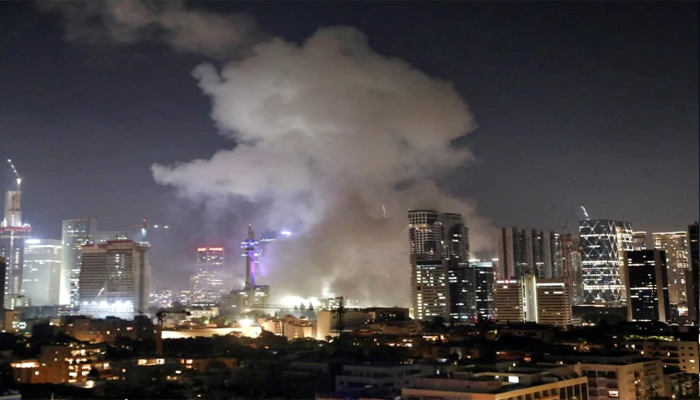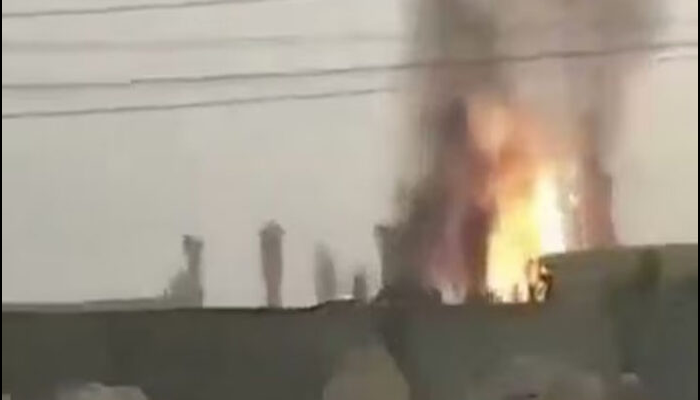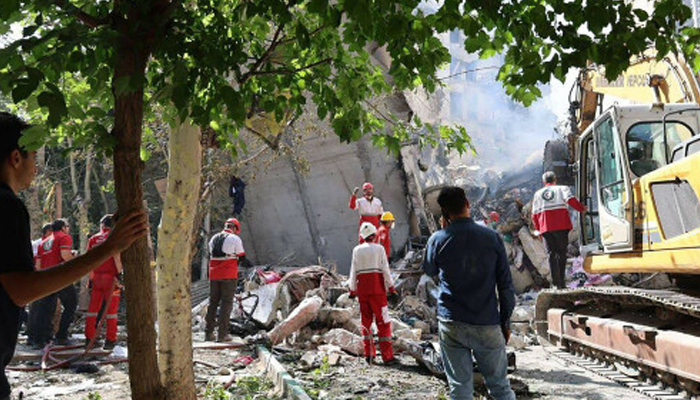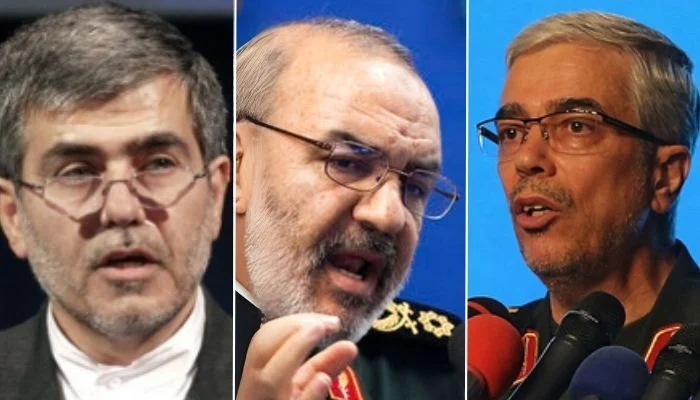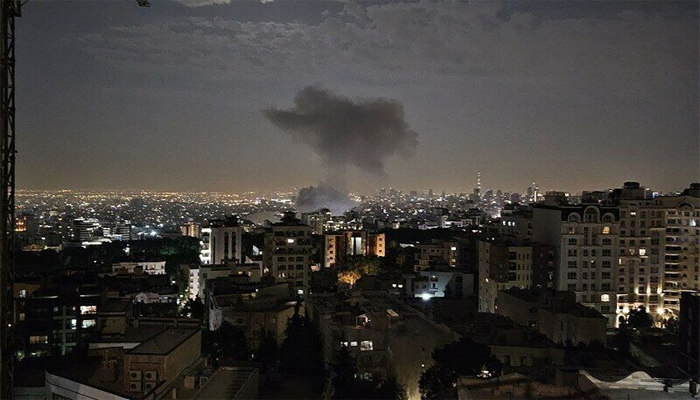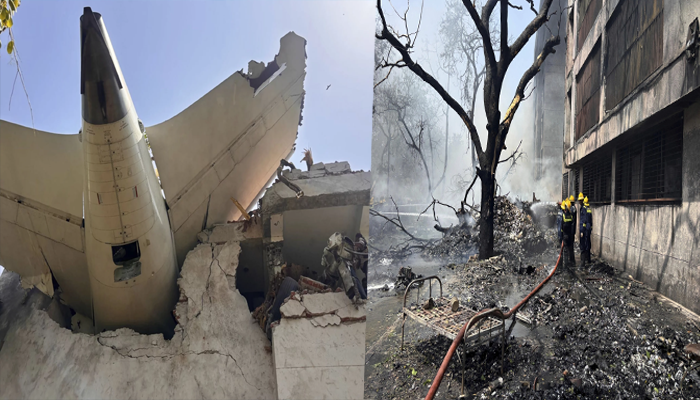TEL AVIV: Israel has launched continued airstrikes on Iran, targeting its air defence systems, just hours after Tehran fired a barrage of ballistic missiles that killed three and wounded at least 91 people in central Israel.
The latest escalation follows Iran’s retaliatory attack in response to what it described as Israel’s “unprecedented aggression” on its nuclear and military infrastructure earlier this week. Tehran’s missile salvo marked one of the most direct confrontations between the two regional powers in recent history.
Israeli military officials confirmed that Saturday’s strikes were aimed at degrading Iran’s aerial defence network to prevent further missile threats. “We are responding decisively and will continue to target any capabilities that threaten Israeli civilians,” an Israeli military spokesperson said.
The Iranian government has yet to issue an official statement on the ongoing Israeli attacks, but state-affiliated media reported explosions near key military installations in the central Isfahan and western Kermanshah provinces.
The exchange has drawn international concern, with the United Nations and several world powers urging both nations to exercise restraint and avoid a full-scale war in the already volatile Middle East.
Israel’s strikes follow a high-level security meeting chaired by Prime Minister Benjamin Netanyahu, who vowed a “strong and proportionate” response to Iran’s missile attack. Emergency services in Israel remain on high alert, with hospitals in Tel Aviv and surrounding areas treating dozens of injured civilians.
Tensions between the two countries have simmered for years, largely through proxy conflicts, but the current cycle of direct strikes marks a dangerous shift toward open military confrontation.
Observers warn that further escalation could pull the wider region into conflict, particularly involving U.S. forces stationed in the Gulf and Iran-backed militias operating in Lebanon, Syria, and Iraq. Diplomats continue to push for de-escalation, but with both sides trading blows, hopes for an immediate ceasefire remain slim.

